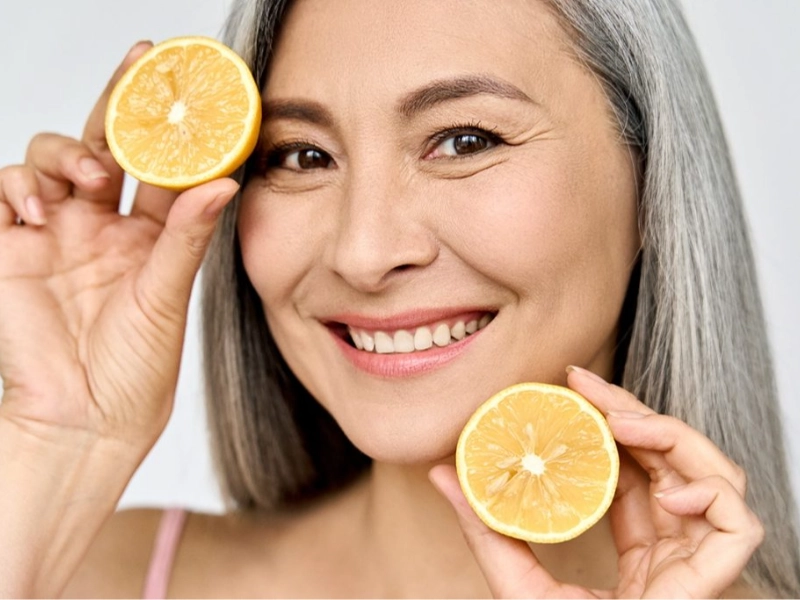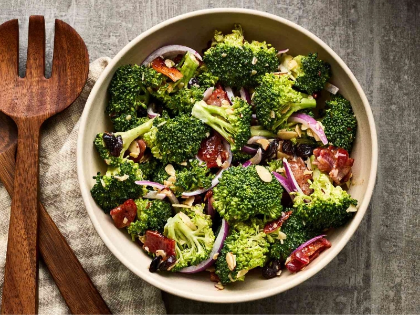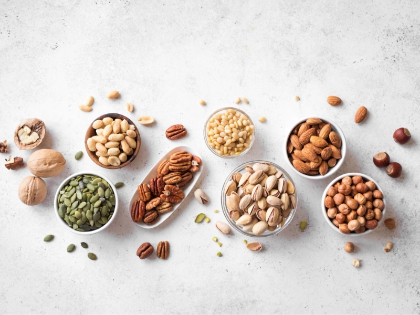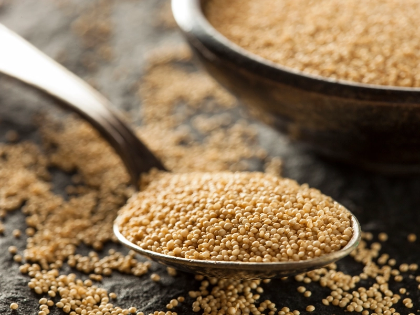Vitamin C for Seniors: Supporting Health in the Golden Years
Value of Vitamin C
An indispensable vitamin, vitamin C—also called ascorbic acid—plays a key part in preserving general health. It's a strong antioxidant that guards against free radical damage to cells. Since it promotes several body processes, including immunological health, collagen generation, and iron absorption, seniors especially need enough Vitamin C. People's dietary requirements change with age, hence it is important to know how Vitamin C might help to maintain health during the golden years.
Support of Immune System
Senior citizens especially need a strong immune system since they are more vulnerable to infections and diseases. By encouraging the synthesis of white blood cells—which are necessary for pathogen defense—vitamin C significantly improves immune function. As the initial line of protection against infections, vitamin C also keeps the skin's and mucosal barriers' integrity intact. Frequent intake of foods high in vitamin C can assist seniors increase their immune response and lower their disease risk.

Encouragement of Superior Skin
People's skin changes with age; among these changes are loss of suppleness and more dryness. Collagen synthesis—a protein that gives the skin structure and elasticity—depends on vitamin C. Vitamin C can help to smooth skin and lessen the look of wrinkles by encouraging collagen generation. Moreover, its antioxidant qualities shield the skin from external elements including UV light and pollution, therefore preventing oxidative stress. Including vitamin C into their diet will help seniors have better, more youthful-looking skin.
Maintaining Bone Strength
Given their higher risk for osteoporosis and fractures, seniors' bone health is quite important. Although vitamin D and calcium are most typically stressed for bone health, vitamin C is also very important. It helps to create collagen, which is necessary to preserve bone strength and structure. Furthermore, boosting bone density is vitamin C's ability to improve calcium absorption. Ensuring enough vitamin C intake can help seniors lower their risk of fractures and keep healthier bones.

Promoting Iron Absorption
Another vital mineral that might affect seniors' health, especially for those who could be anaemic, is iron. The kind of iron found in plant-based foods—non-heme iron—absorbs better when vitamin C is present. Seniors can raise their iron level and avoid deficits by eating foods high in vitamin C together with meals heavy in iron. Older persons who might have dietary restrictions or reduced iron intake due to changes in appetite or digestive health especially should pay close attention to this.
Cognitive Enhancement Advantages
Seniors often worry about cognitive deterioration; new studies point to vitamin C's possible support of brain function. Vitamin C, among other antioxidants, helps shield brain cells from oxidative damage and inflammation linked to cognitive loss. Higher vitamin C levels have been linked, some studies have found, to improved cognitive ability and a lower risk of dementia. Incorporating foods high in vitamin C into the diet could help older persons retain cognitive function.

Vitamin C Sources
Given that vitamin C is present in many fruits and vegetables, including some really simple foods, including into the diet is rather easy. Well-known sources are citrus fruits like oranges and grapefruits; other fruits such as strawberries, kiwi, and papaya also abound in vitamin C. Excellent doses of this vital nutrient abound in vegetables including bell peppers, broccoli, and spinach. Consuming a rainbow of fruits and vegetables will assist seniors make sure they satisfy their vitamin C needs.
Suggested Daily Requirement
Age and gender affect the advised daily consumption of Vitamin C. Men's recommended dietary allowance (RDA) for seniors is usually 90 mg daily; women's is usually 75 mg daily. Individual demands, however, might change depending on lifestyle choices, eating patterns, and health state. If seniors believe they are not getting enough Vitamin C, they should attempt to reach these guidelines by following a balanced diet high in fruits and vegetables and think about seeing a healthcare practitioner.

Potential Deficiency Risk Factors
A range of health problems, including scurvy—which is marked by symptoms including tiredness, compromised immune system, and inadequate wound healing—can result from vitamin C insufficiency. Because of things like lower appetite, dietary limitations, and other medical problems, seniors especially run a risk for shortage. Senior health can be preserved and difficulties avoided by identifying the indicators of a deficiency and acting early to boost vitamin C intake.
Synopsis of Seniors' Vitamin C Needs
From enhancing immune system to supporting good skin and bones, vitamin C is a vital component for seniors supporting many facets of health. Its antioxidant qualities guard against oxidative stress; its function in collagen production and iron absorption adds to general well-being. Seniors can improve their health during their golden years by including items high in vitamin C into their diets and guaranteeing enough intake. As one ages, embracing the advantages of Vitamin C can result in a better, more colorful existence.








